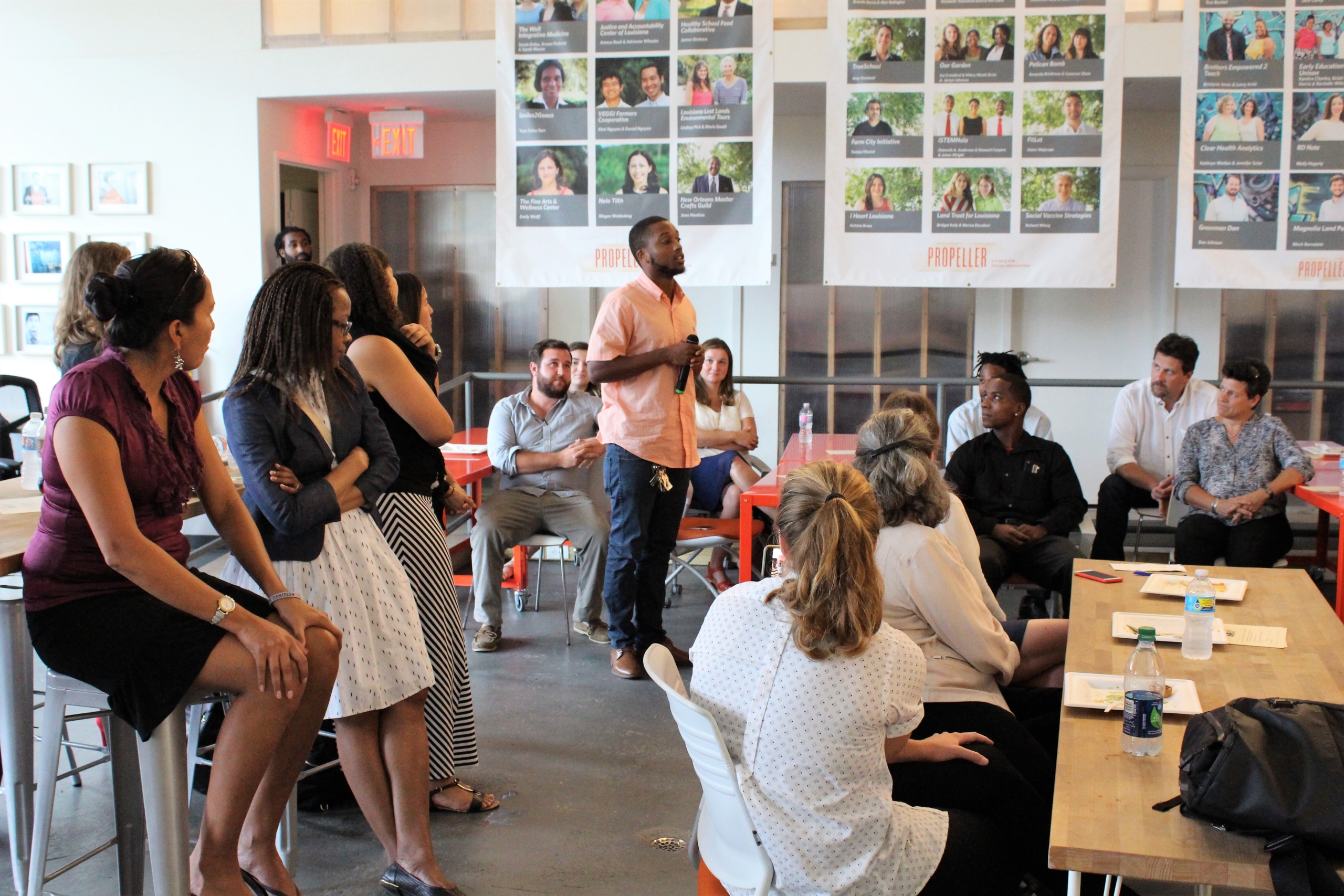The Reconnecting Youth Campaign remains at the forefront of legislative investment victories centering Opportunity Youth.
Since our launch in 2017, our advocacy has focused on working with elected officials to ensure youth and young adults disconnected from education and employment are prioritized in budget decisions, policies and programs. Equitable access to education, employment and service pathways lead to intergenerational economic mobility for youth, young adults, and their families.
The Reconnecting Youth Campaign is a coalition championing policies and programs to reconnect Opportunity Youth across the country. Our priorities include:
Pass a recovery package that prioritizes Opportunity Youth
Previous recovery legislation provided critical supports to many key populations; however, to date, Opportunity Youth have been largely left to fend for themselves. In whatever form it takes, a reconciliation recovery package must pass and include robust workforce investments for Opportunity Youth, through job training programs, subsidized employment, and expanded national service opportunities including but not limited to the creation of the new Civilian Climate Corps. Robust investments must also include transitional jobs as well as other paid work experiences.
Learn more about our priorities in Build Back Better, click here.
For more on how subsidized jobs can help Opportunity Youth, click here.
Increase federal appropriations for Opportunity Youth programs to fund at least 1 million program slots each year through the following:
- YouthBuild
- Service and Conservation Corps
- Reentry Employment Opportunities
- AmeriCorps National Civilian Community Corps
- AmeriCorps State/National
- Adult Secondary Education
- Chafee Education and Training Vouchers
- WIOA Youth Activities
- National Guard ChalleNGe
- JobCorps
For more on the impact of RYC’s work since its launch, click here.
Ensure American Rescue Plan Act (ARPA) funds benefit Opportunity Youth
Ensure that American Rescue Plan Act (ARPA) funds are used to invest in supports that benefit Opportunity Youth and other young people who have been especially hard hit and have been largely excluded from previous Covid recovery legislation in areas including:
- Education
- Employment
- Housing and essential services for youth, young adults and young families experiencing homelessness, or who have experienced justice systems involvement, or are currently in or are transitioning from the child welfare or foster care systems
- Mental health
- Immigration
- Safety net supports
As part of this, our campaign is committed to understanding how the pandemic relief funds are being used to support Opportunity Youth across the nation, and to filling gaps and providing opportunities to better serve Opportunity Youth and their communities.
For more about the American Rescue Plan Act and tools to leverage ARPA for older youth, click here.
Improve federal programs to better meet the needs of Opportunity Youth. In particular this year:
- Improving AmeriCorps, including establishing a modernized Civilian Climate Corps, to provide service opportunities that work for Opportunity Youth. A Civilian Climate Corps (CCC) program must prioritize historically underserved populations, especially Opportunity Youth, and invest in career pathways, salary and sustainable wages of at least $15 per hour with full health care coverage, educational grants and essential wraparound supports including housing, transportation and childcare assistance.
For more on the Civilian Climate Corps, click here.
For more information on recommendations on how to improve the CCC, click here.
- Improving the Workforce Innovation and Opportunity Act through the reauthorization process. Reauthorize the Workforce Innovation Opportunity Act (WIOA) so that youth-serving programs center the experiences and expertise of young people, simplify eligibility requirements, especially for youth and young adults between the ages of 14-24 who face significant barriers to employment, address the evolving nature of work and improve and invest in local governance.
For more information on recommendations to reauthorize and modernize WIOA, click here.





